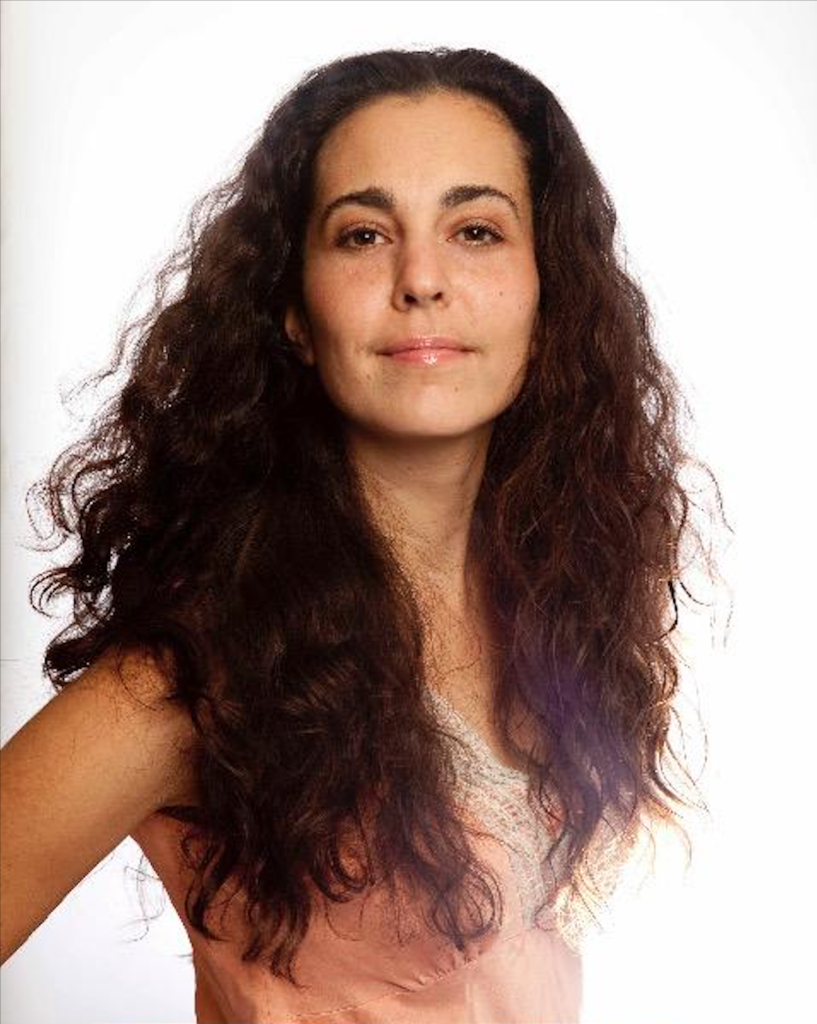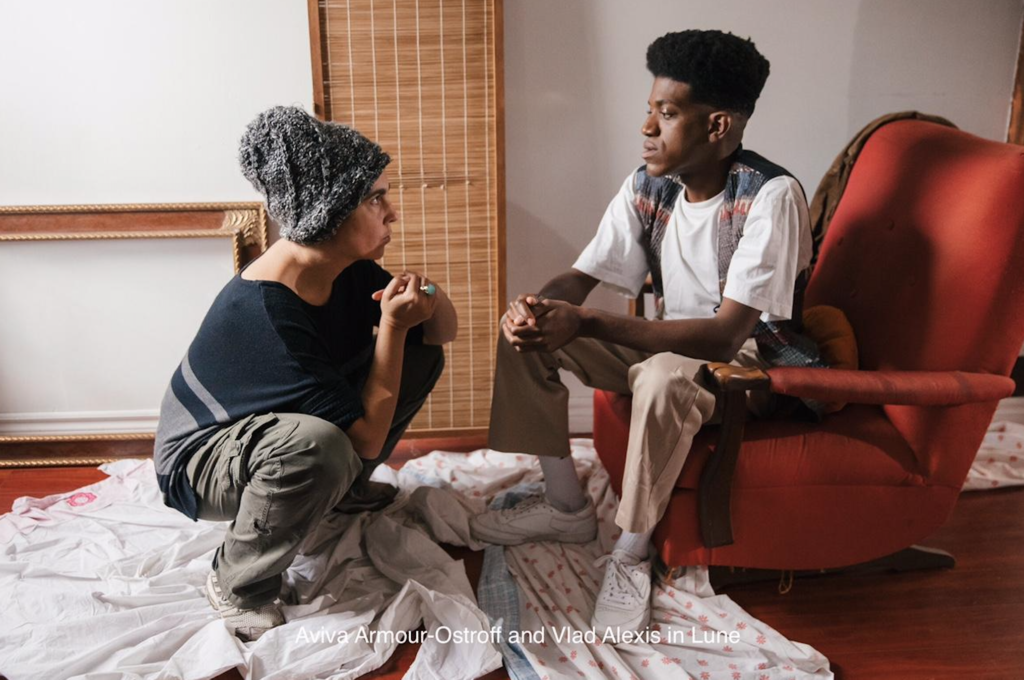
My choice as the Must See in this year’s Cinequest was the Canadian indie Lune, an astonishingly authentic exploration of bipolar disorder. In the film, Miriam and her teen daughter Eliza must navigate the impacts of the mom’s illness. I spoke wih writer and co-director Aviva Armour-Ostroff, who also starred as Miriam.
I asked Armour-Ostroff what drew her to the topic of bipolar disorder? She replied “My dad is Miriam. The character of Eliza is based on me.” Wow. There you have it – the key to the authenticity of Lune. “I was so clearly loved by my dad, and we were so close.“
Armour-Ostroff’s parents split when she was a baby, and her dad was her primary care giver during some years in her childhood and youth. He could go an entire year without a bipolar episode. But when she was a teenager, he suffered one or two episodes per year, each lasting two or three months.
“I think there are so many people who, when they are depressed, can’t get off the rug, and, when manic, can’t harness the energy to achieve anything.“
Miriam is the most singular movie character I’ve seen in a while. Her streams of manic speech have the rhythm of poetry like rap or beat poetry. Armour-Ostroff says that her dad was highly intelligent and talked rapidly, like that. “with the tangents and then the change of topics, a lot of wordplay.” She credited her dad, Brian Ostroff, as a co-writer of Lune.
You can see Brian Ostroff himself in a three-minute forty-second documentary, Dr. Bro’s Traveling Medicine Show, that is embedded on Cinequest’s Lune page. Armour-Ostroff describes his state in the clip as “6 on a manic scale.” He had nicknamed himself Dr. Bro.
Armour-Ostroff has made Miriam funny, but not only a subject of comedy, and neither harmless nor a dangerous monster. “He (her father) never had the right concoctions (of medication). My hope is that people can see both the humor and the danger, without stereotypes.“
Despite the rockiness of her upbringing, the character of Eliza seems very well adjusted. Armour-Ostroff notes that the phenomenon of child-as-caregiver is common in such situations. But there was an impact – “In my 20s, I developed anxiety because I needed so much control.”
Miriam’s back story is as a fervent anti-apartheid advocate but, during a psychotic episode, she hurls a South African racial slur at Eliza’s Black boyfriend. Armour-Ostroff said that this is intended to depict Miriam’s underlying racial attitude. “It’s the product of her background, not her insanity, I think we need to dive deep and explore our own racism.“
Armour-Ostroff’s half brother is a Dutch musician who only met their father five or six times; he contributed the music played during Lune’s end credits.
Lune‘s next stop on the festival tour is RapidLion – the South African International Film Festival. Armour-Ostroff has returned to her Toronto theater company and is continuing to work on projects with her partner (and Lune co-director) Arturo Pérez Torres.



